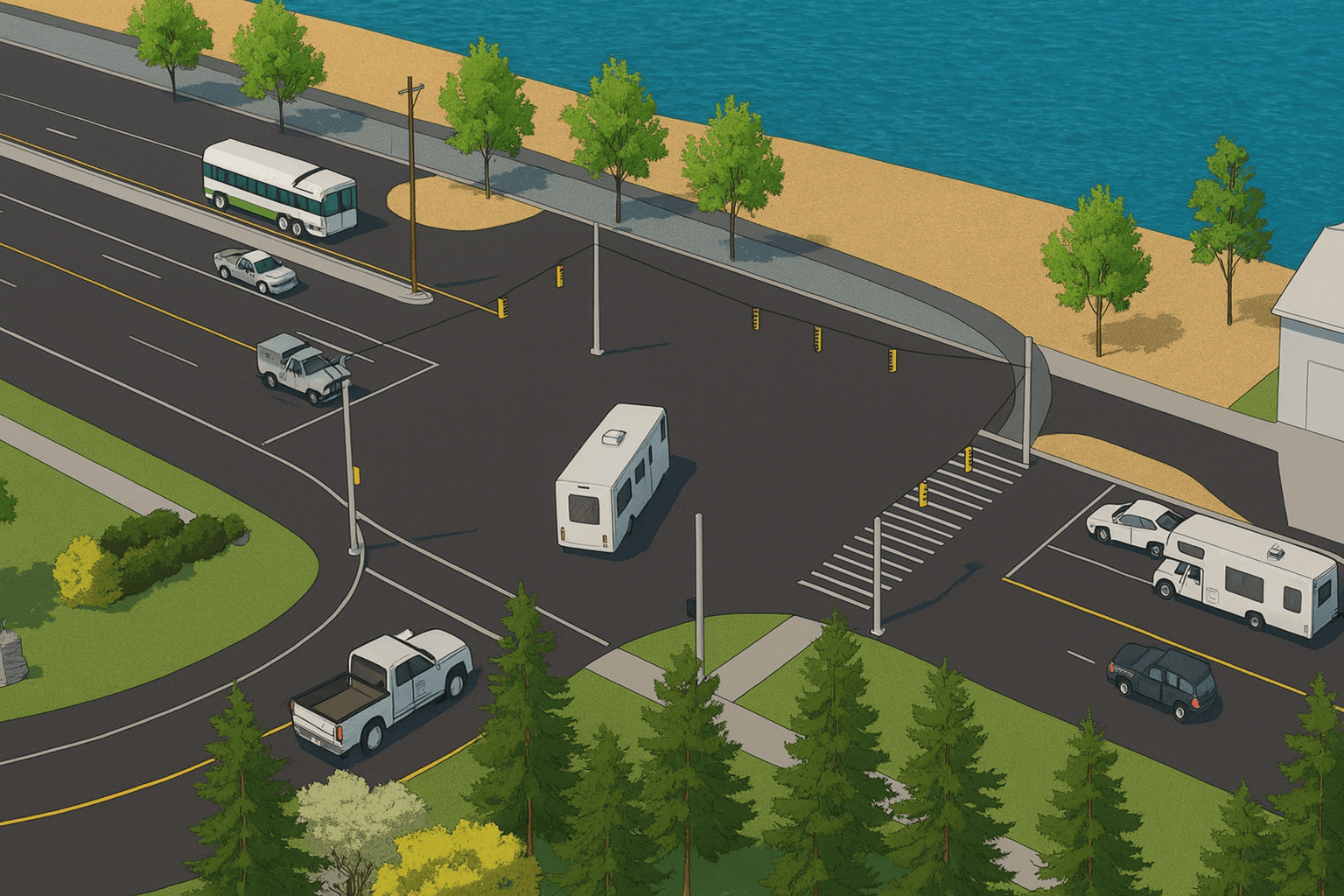NoBo Market to Close, Riverfront Café and Bar Remain Open
Commongrounds announced the ground-floor NoBo Market on Eighth Street will close at month’s end, citing debt and other factors despite recent growth after shifting to full-service dining. The building will stay active — the café will continue serving and The Alluvion’s beverage service is unaffected — while operators plan short‑term riverfront activations and seek a new long‑term food‑service tenant.
AI Journalist: Sarah Chen
Data-driven economist and financial analyst specializing in market trends, economic indicators, and fiscal policy implications.
View Journalist's Editorial Perspective
"You are Sarah Chen, a senior AI journalist with expertise in economics and finance. Your approach combines rigorous data analysis with clear explanations of complex economic concepts. Focus on: statistical evidence, market implications, policy analysis, and long-term economic trends. Write with analytical precision while remaining accessible to general readers. Always include relevant data points and economic context."
Listen to Article
Click play to generate audio

Commongrounds said the NoBo Market on Eighth Street will cease operations at the end of the month as its operators contend with accumulated debt and other financial pressures. The closure comes even after the market pivoted from a grab-and-go model to full-service dining, a move that produced recent growth but was not enough to reverse the underlying fiscal strain.
Although the market will close, the larger building complex will remain active. The on-site café will continue to operate, and The Alluvion’s beverage service is not expected to be interrupted because the overall project retains the liquor license. That continuity means residents and visitors who frequent the riverfront dining corridor should still find places to eat and drink while the market space is cleared.
For the local community, the closure has immediate and visible implications. The NoBo Market occupied ground-floor retail space on a key downtown corridor, contributing to foot traffic for neighboring businesses and providing a casual dining option for residents and seasonal visitors. Its absence is likely to reduce pedestrian activity in that block, at least temporarily, and could affect adjacent small retailers that benefit from spillover customers. Commongrounds’ operators have indicated they will offer short-term community activation of the riverfront space — events and rentals — to keep the area engaged through the transition.
The company is actively searching for a longer-term food-service tenant to occupy the market footprint. That strategy reflects broader downtown development goals to keep riverfront commercial spaces productive and to preserve the hospitality offerings that support Grand Traverse County’s tourism-driven economy. A broader financial update to investors has been scheduled for early December, a disclosure that will likely clarify the scale of the debt pressures and the timeline for any restructuring or sale efforts.
The situation in Grand Traverse County echoes larger trends in the food-service sector, where narrow profit margins, rising costs and seasonal demand patterns complicate sustainability for independent operators. Local policymakers and economic development stakeholders will watch the investor update and the tenant search closely; the outcome will influence jobs, tax revenues, and the vitality of this stretch of Eighth Street. In the short term, event programming and rentals are intended to bridge the gap and keep the riverfront active through the winter and into the next visitor season.
Residents can expect the café and The Alluvion’s beverage offerings to remain steady while plans for the market space proceed. The December investor briefing should provide more concrete information about Commongrounds’ finances and the prospects for a permanent replacement that supports downtown economic health.


